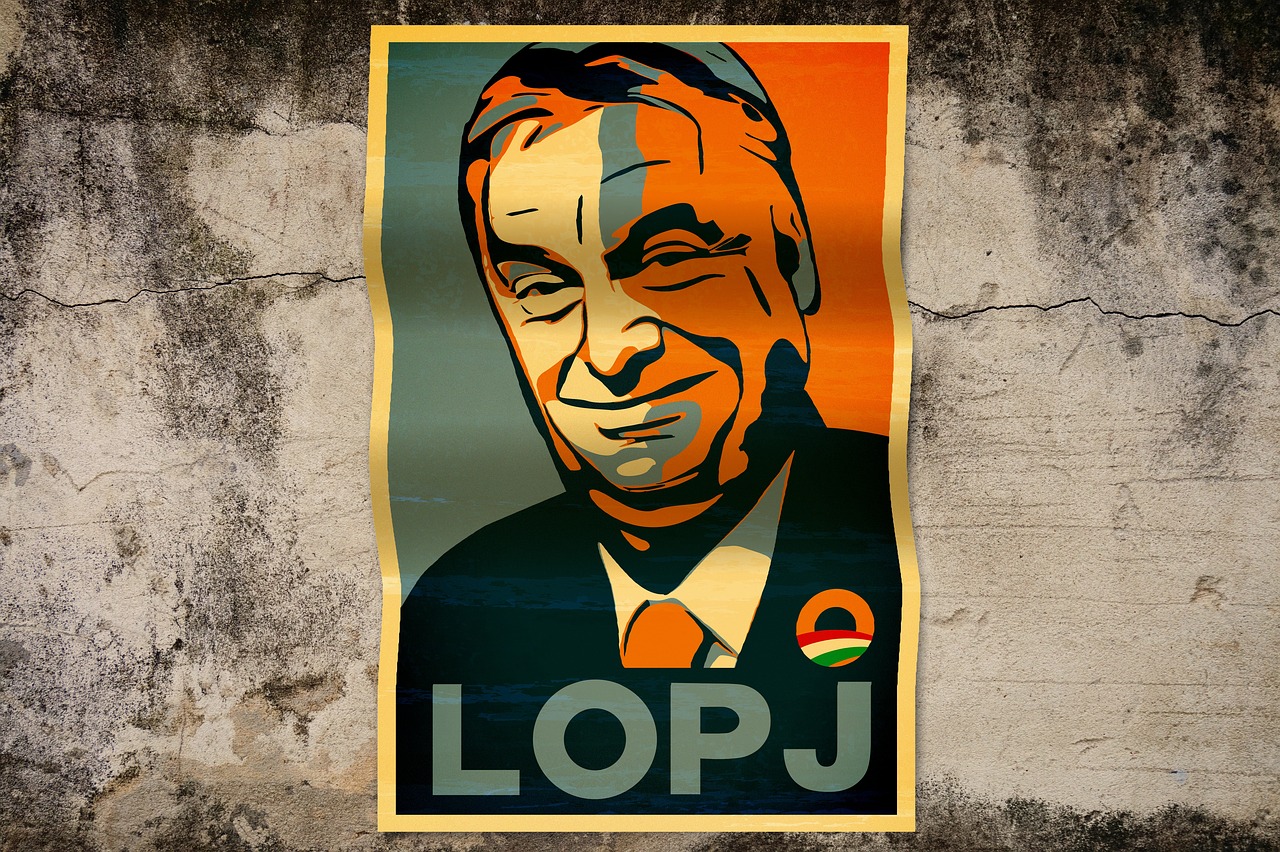
In Budapest, 10,000 people demonstrated against the Hungarian government of right-wing populist Prime Minister Viktor Orban on Saturday. After a march through the city center they moved in cold weather before the Budapest Parliament. The protest followed a series of demonstrations before the turn of the year calling for the withdrawal of a new overtime law.
The crowd chanted, for example, „We will not be slaves“ and „Dirty Fidesz“. With the votes of the ruling party FIDESZ, parliament approved a new law in the middle of last month that allows employers to demand from their staff up to 400 overtime a year.
The resulting protests are supported by left and right-wing opposition parties, trade unions and civil organizations. „Today, the new opposition was born against this one person,“ one of the speakers announced on Saturday in reference to Orban, in which all power in the country converges.
First big action after holidays
The rallies also address other grievances under the Orban government, including the unilateral and government-friendly coverage of state broadcasting, the curtailment of academic freedom, and corruption around high-level government officials and their families.
It was the first big action after the holidays and the demonstrations in December. It had come to riots and assaults on the Kossuth Square. Demonstrators had thrown smoke grenades and bottles at the police. This again went with tear gas against the people. The police warned against unlawful acts and asked the participants not to mask their faces. Only the last protests, where all the opposition parties were represented, were peaceful.
„Year of the Resistance“ announced in Hungary
The opposition, trade union and civil society organizations want to take the momentum of the old year with them to increase the pressure on the right-wing conservative government. After the first demonstrations they smell their chance against Orban. After all, the reform of the Labor Law, which allows for an extension of overtime from 250 to 400 a year and the extension of the payment framework to up to three years, has triggered the biggest wave of protests since Orban took office in 2010.
Thousands at the closing rally on Kossuth Square in front of the Parliament
On Thursday opposition politicians in front of the Parliament building in Budapest had already announced that 2019 would be a „year of resistance“. „We will do that with the unity and cooperation of all opposition parties,“ it said. The parties – from the Social Democrats on the one hand to the radical right-wing Jobbik party on the other – emphasized the importance of their cooperation and made a „vow“ to fight for the realization of their five-point petition.
In addition to the withdrawal of labor law reform, they called for the reduction of police overtime, an independent judiciary, the accession of Hungary to the European Public Prosecutor’s Office and independent public service media. „If the government of a country betrays its own people, then the time is ripe for mutiny,“ formulated the various political circles towards the governing party Fidesz. Orban himself described the wave of protests as „hysterical shouting“ that ruined Hungary.
„Are we in a democratic dictatorship?“
In an interview with Linzer „Volksblatt“ (Thursday edition), Orban’s former companion and today’s critic, Pastor Gabor Roszik, said that he sometimes thinks that Hungary is „worse than 30 years ago. We are in a democratic dictatorship. 30 years ago, we knew exactly who the enemy was. Today, we have a government that calls itself conservative and Christian Democrat, but violates all these principles, „said Roszik, who became the first independent candidate in the Hungarian parliament in 1989.
At that time Roszik was supported by the new founded FIDESZ, which was led by Orban. At that time, the prime minister was „clearly a liberal,“ according to the Protestant pastor. But Orban has changed, „from the Democrat to a new communist dictator“. The whole society was manipulated in such a way that many people would believe that everything was in order in Hungary. Roszik hopes the demonstrations will continue this year. He welcomes that the opposition parties are now working together.
Speaking to CNN, Hungarian political scientist Bulcsu Hunyadi, an analyst at Political Capital in Budapest, said it was the first time that the opposition had cracked down on Orban government laws, including outside parliament. Also new, according to the BBC and CNN, is that people are also involved in the demonstrations, which usually do not take part.



